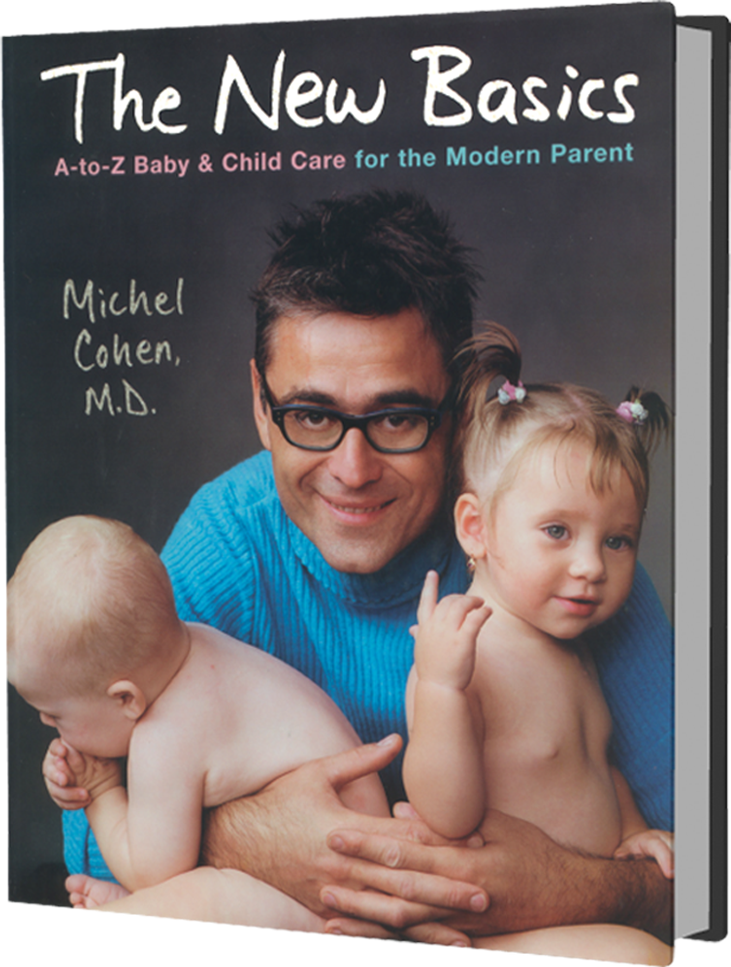
Illness Management
Throughout the book, I have discussed specific illnesses. Here are some general guidelines for dealing with sick children, no matter what has lain them low.
Fluid During Illness
The adage “lots of rest and lots of fluid” is one of the most stubborn in folk medicine. While it’s true that a high fever or vomiting can bring on dehydration, insisting that your child gulp down gallons of water won’t really make a lot of difference in the course of an illness. Make sure Lucy’s not dehydrated, especially if she’s got a stomach bug, but beyond that, don’t worry about “flushing out toxins,” a process which I suspect is more psychologically beneficial for the parents than physiologically useful for the baby.
Rest During Illness
How much should Jimmy rest when he’s ill? Let him regulate the amount of rest he needs on his own. Take the flu, for example: An important part of the healing process involves sleeping extra hours and sweating it out. If you give him anti-fever medication to bring his temperature down, he’ll end up bouncing around instead of resting, sweating, and recovering.
Rest After Illness
How long should Jimmy rest after an illness? It depends. Some parents believe additional rest will help replenish the child’s energy. In fact, it can be more like house arrest, actually prolonging a low-energy phase in which Jimmy mopes around and watches TV all day, thus perpetuating the impression that he needs more rest. My advice: As soon as his energy begins to return, encourage Jimmy to resume his normal activities.
Regression After Illness
You are naturally more attentive to a sick child. You carry Jimmy around the house, rock him to bed at night, cuddle him, make special meals, and sing special songs. But what about when the illness ends? After you’ve sat in first class, it’s hard to go back to coach. You may find that even a fully recovered child continues to demand special treatment.
Babying your baby for too long after an illness can backfire over time. Sleeping patterns are among the earliest victims of illness: Dozens of parents have told me that their baby was a perfect sleeper until he had a cold and that since then he’s been all out of sorts at night and for naps. My advice is to reset Jimmy’s expectations as soon as the illness disappears, and return him to the schedule he was used to before his illness. This may cause some discontent, but that too will pass, and soon enough Jimmy will be back to his happy self.
Loss of Appetite During Illness
In the midst of a flu, cold, or ear infection, Jimmy loses his appetite. A couple of days later, his ribs are showing. Worse, after the illness vanishes, he’s still not eating. This is normal. It will take a few extra days for his appetite to return, but soon enough he’ll be asking for seconds. If you pressure a newly healthy child with food, your efforts could turn him into a picky eater.




 MEDICATION DOSAGE
MEDICATION DOSAGE

